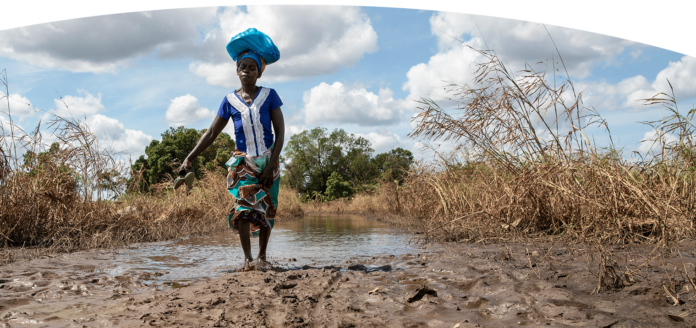The United Nations’ human rights chief, Volker Türk, has issued a dire warning about the impact of the climate crisis on the right to food. Speaking during the 53rd session of the Human Rights Council, Türk highlighted the alarming statistic that 828 million people faced hunger in 2021, with projections indicating that up to 80 million more individuals could be at risk by the middle of this century. The comprehensive threat posed by climate change, including extreme weather events and the destruction of ecosystems, has made it increasingly challenging for communities to rebuild and support themselves.
Climate Change and Food Security

According to Türk, climate change and its associated effects are significantly endangering food security worldwide. Extreme weather events, such as droughts, floods, and hurricanes, are devastating crops, herds, fisheries, and entire ecosystems. These repeated disasters make it increasingly difficult for communities to recover and ensure their food needs are met. As a result, the right to food, a fundamental human right, is at stake.
Broken Promises and Disproportionate Impact
Despite the commitments made by world leaders in 2015 to address the climate crisis, financial pledges by developed nations have not been fulfilled. This lack of action places an additional burden on the least developed countries, which contribute minimally to global greenhouse gas emissions. These nations, often with limited resources and infrastructure, suffer the most severe consequences of climate change, exacerbating existing vulnerabilities and undermining their capacity to ensure food security for their populations.
The Need for Urgent Measures
Volker Türk called for immediate action to address the climate crisis and protect the right to food. He emphasized the necessity of ending subsidies to the fossil fuel industry, as these subsidies perpetuate environmentally harmful practices. A shift towards renewable energy sources and sustainable practices is crucial to secure a livable future for future generations. Türk also highlighted the upcoming “COP28” as a pivotal moment to implement comprehensive measures and make the necessary changes. He presented a seven-point plan aimed at achieving a just transition to a green economy, both at the national and global levels.
The climate crisis poses a significant threat to the right to food, with millions of people facing hunger due to extreme weather events and the destruction of ecosystems. Despite the commitments made by world leaders, the lack of financial support from developed nations exacerbates the challenges faced by the least developed countries. To address this urgent issue, Volker Türk called for an end to fossil fuel subsidies and emphasized the need for a decisive game-changing moment at COP28. Implementing a just transition to a green economy is essential to mitigate the consequences of the climate crisis and safeguard the right to food for present and future generations.





